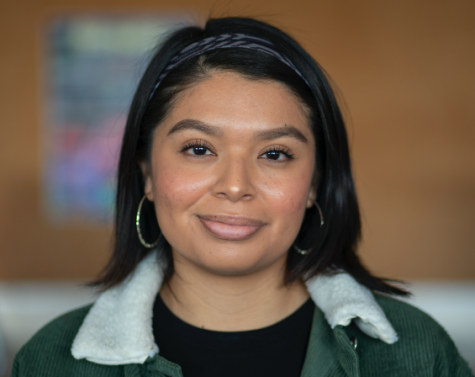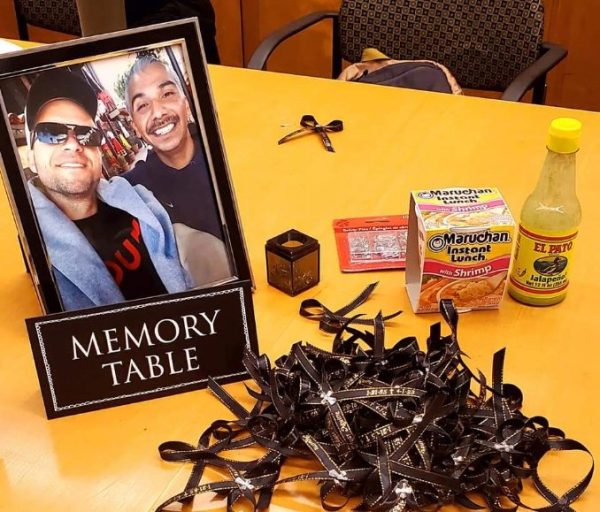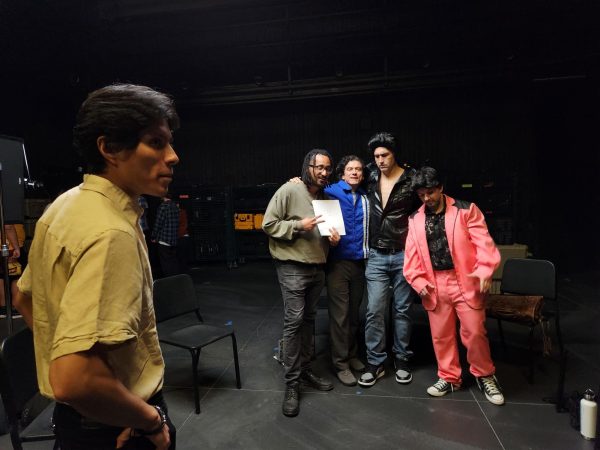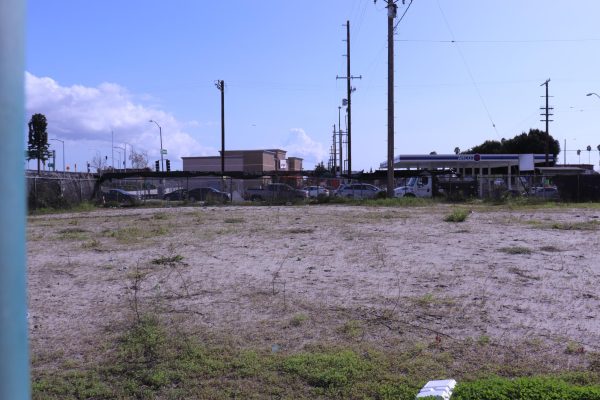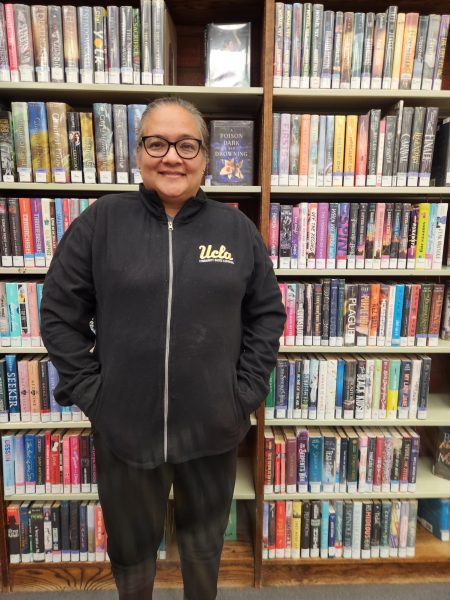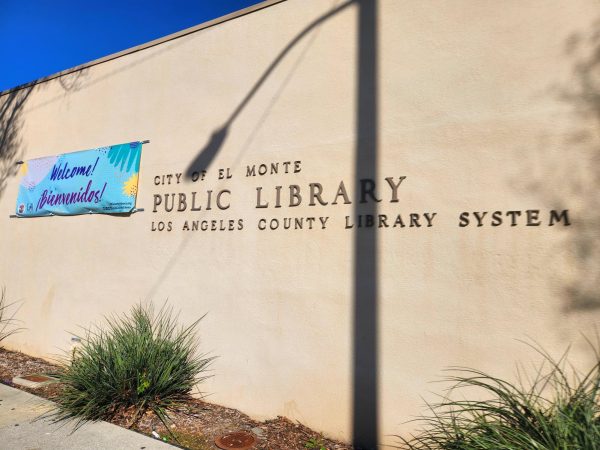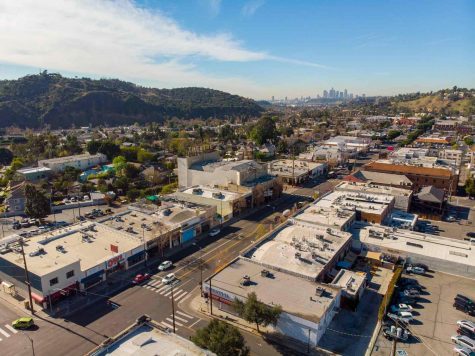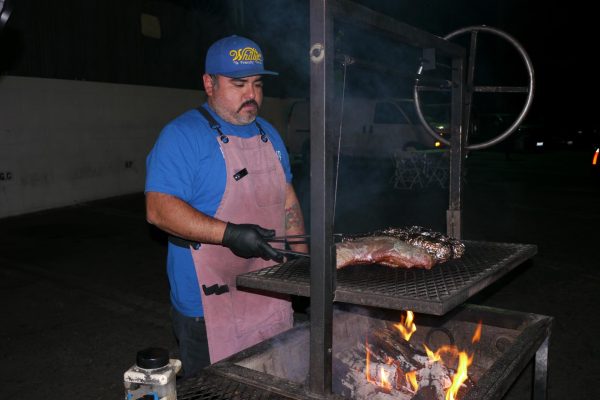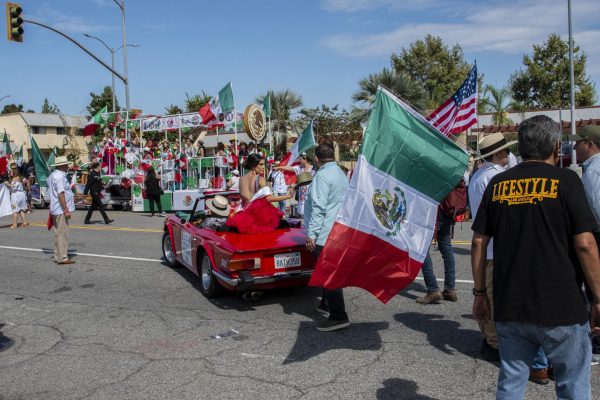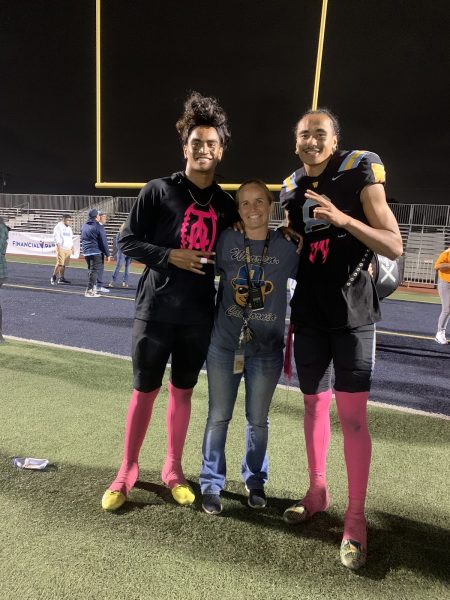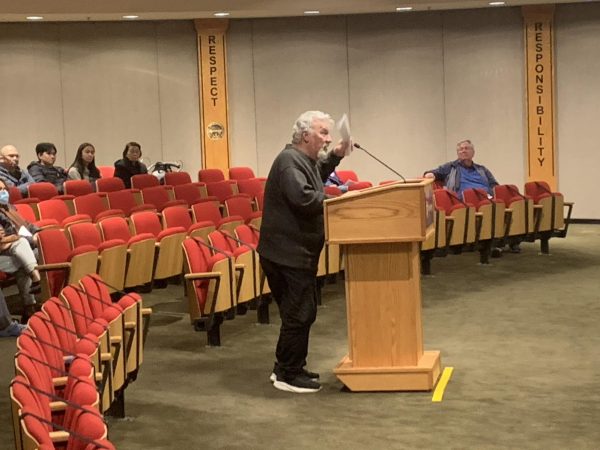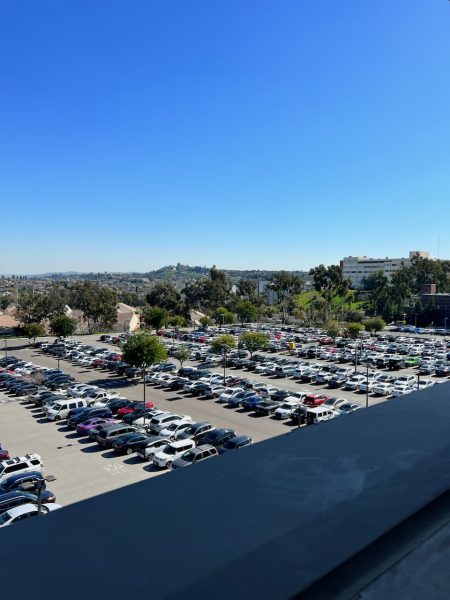East LA walkouts likened to activism today
Much like students now – who have been active in movements such as #NeverAgain and #ImAlreadyHome – East Los Angeles high school students fought to improve their conditions.
Rita Ledesma was one of the more than 15,000 students who walked out of their high schools in March 1968.
She and her fellow students were inspired to do it to fight systematic inequalities in the Los Angeles Unified School District. At the time, the district banned Spanish and often discouraged Chicano high school students from pursuing a college education – instead encouraging vocational careers.
Students, community members and others gathered recently at Cal State LA to celebrate the East L.A walkouts, also called the Blowouts.
At the event, which was organized by the university’s Department of Chicana(o) and Latina(o) Studies, Valerie Talavera-Bustillos, a professor, likened activism around the walkouts to the recent work scrutinizing impaction – a proposal that would effectively limit the number of students admitted to Cal State LA. She said the proposal is the current local challenge to education and encouraged students to demand a moratorium and take action by “standing up [and] trying to keep these doors open for the next generation to walk in.”
Ledesma, also a Cal State LA professor, spoke about the impact that Sal Castro, a social studies teacher at Lincoln High School back then, had in her life and in the movement.
“Until his death, he was unrelenting in his commitment to advance education and to advance educational equity; and in his understanding that education… could change lives and could change communities and could change families,” she said.
Ledesma mentioned that she faced many obstacles over many years to achieve her Ph.D. and when she finally did, she realized that was what Castro had worked so hard for: “This is what he was willing to go to jail for.”
Castro, a Cal State LA alumnus, was an important figure during the walkouts, which involved five high schools: Garfield, Roosevelt, Belmont, Wilson, and Lincoln. Along with students, an editor at La Raza newspaper and others, Castro was incarcerated briefly after being charged with conspiracy to disrupt public schools and disturb the peace in 1968. He passed away in 2013.
Talavera-Bustillos spoke about how the walkouts have had an impact on today’s education. “There were hundreds and thousands of students that you saw walk out and their ripple effect has [shaped] our lives.”
Community News reporters are enrolled in JOUR 3910 – University Times. They produce stories about under-covered neighborhoods and small cities on the Eastside and South Los Angeles. Please email feedback, corrections and story tips to [email protected].

